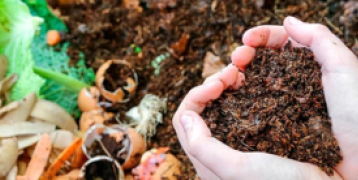
Municipality regulation on home composting
With this practice the Municipality has possibility to monitor the total amount of home composted food waste and functioning as advisor on safe home composting.
Explore inspiring and tested policy solutions identified by our cooperation projects and beyond.